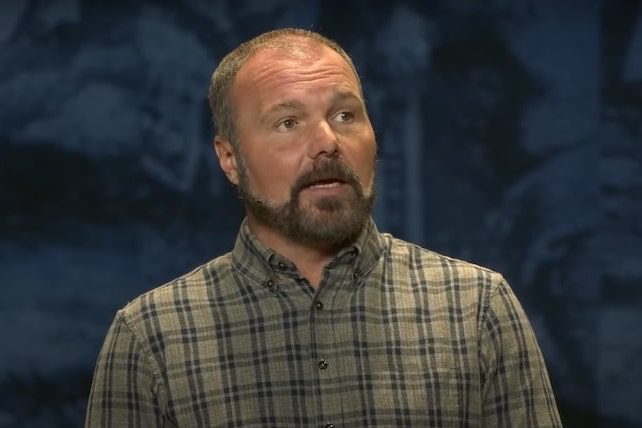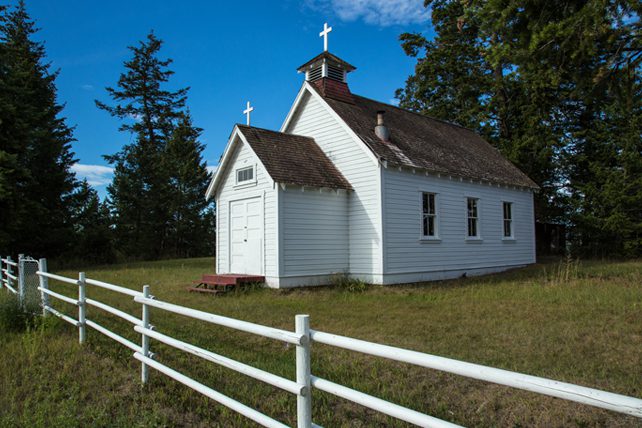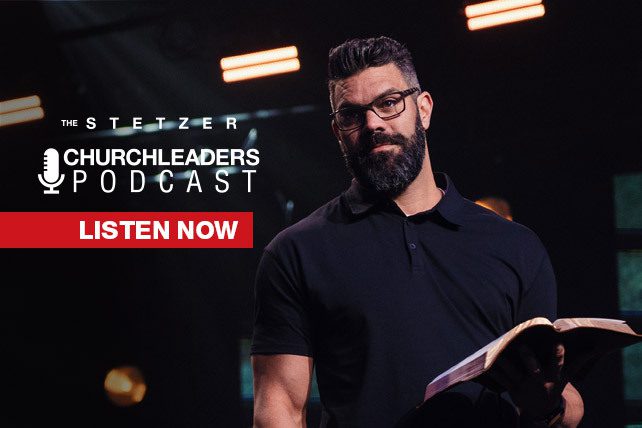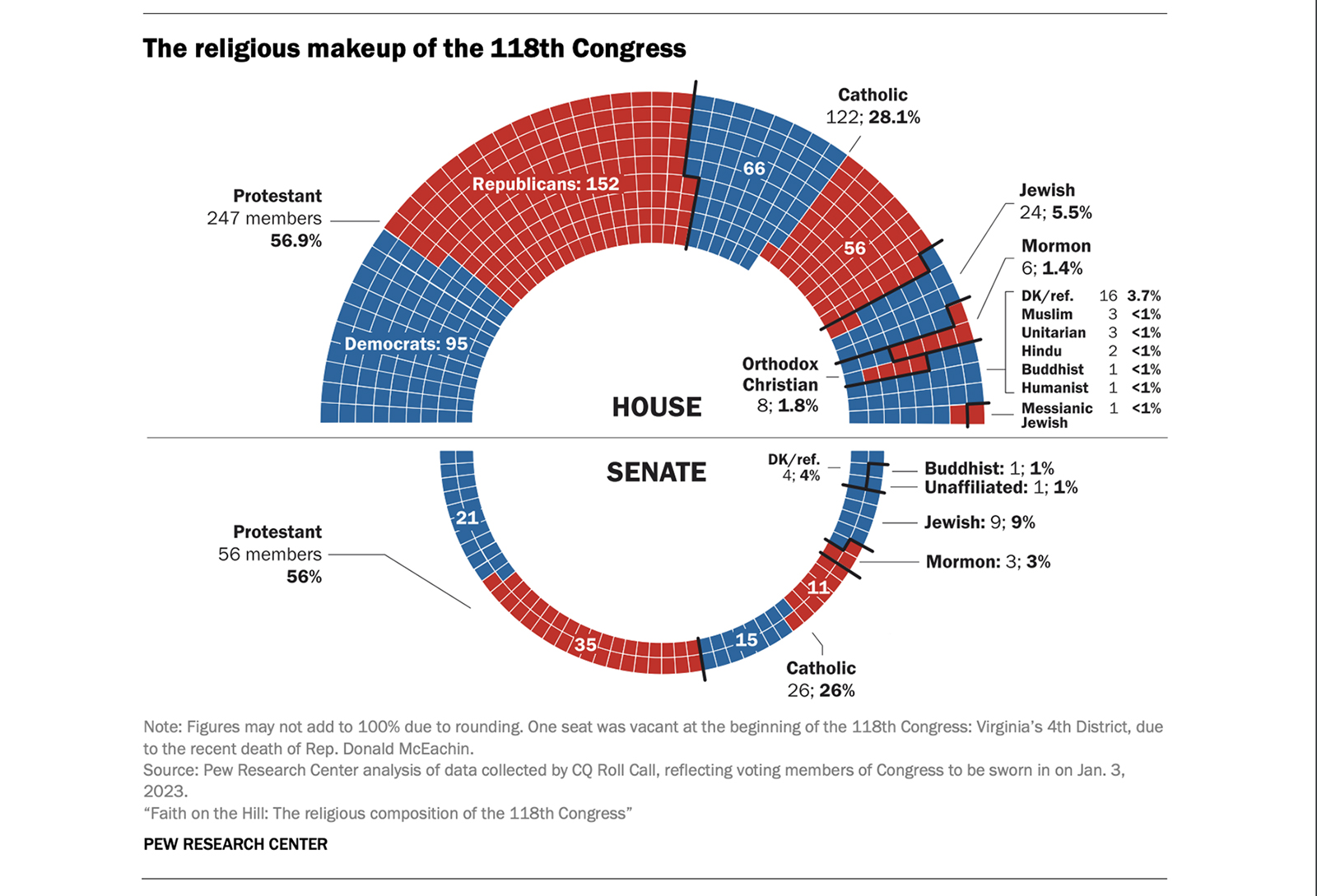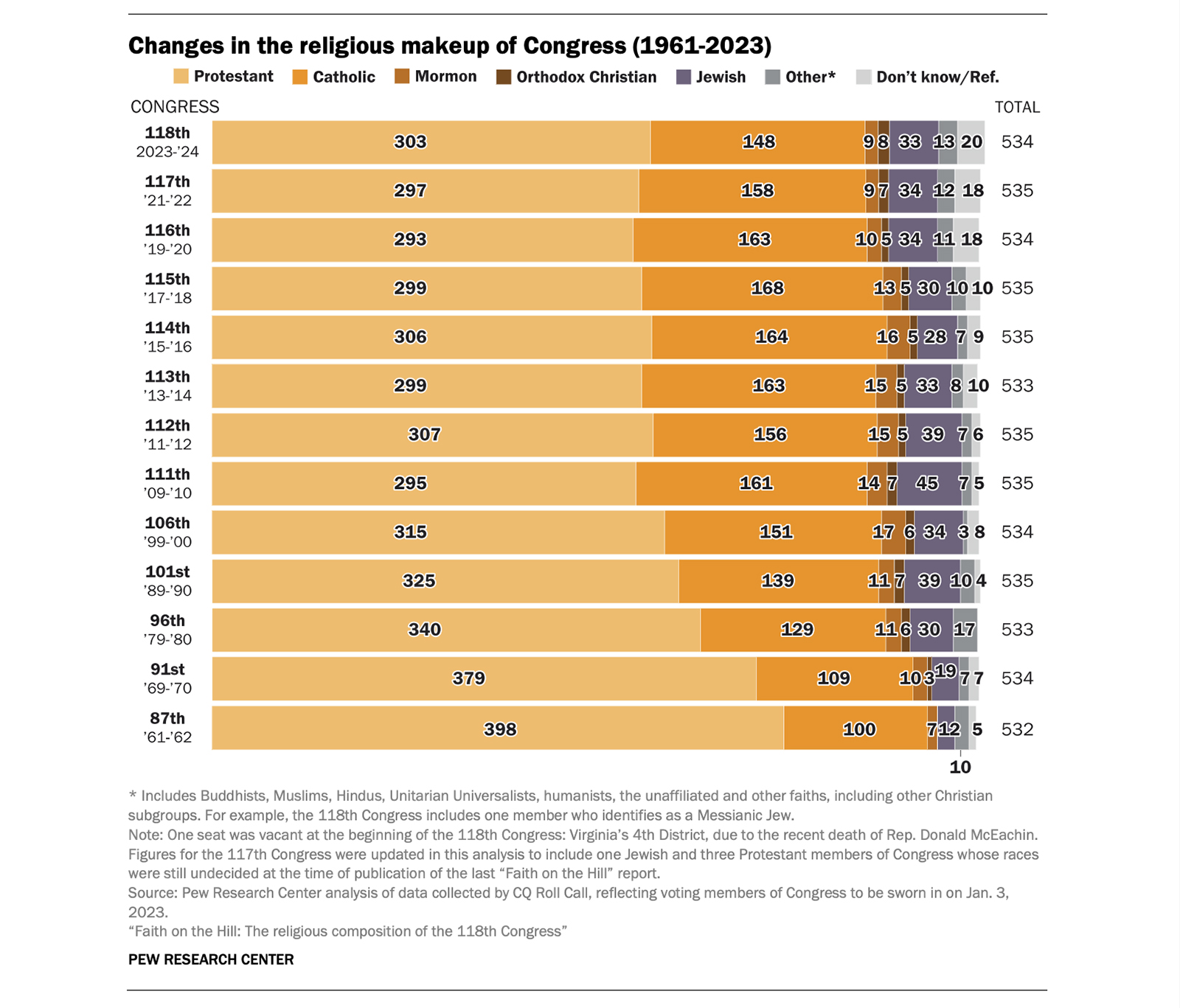When I was about 19 years old and a very new Christian, one of my friends who was an older Christian was encouraging me to love Jesus with my whole heart, and to hold nothing back. That is the best kind of encouragement a person can give a young Christian. In order to accomplish this, though, my friend turned in his Bible to the Gospel of John 21:15-17. Through tears, my friend read these verses, opposing agape vs phileo to me in the following way, using Greek words after English words in several places just as I do below:
15 When they had finished breakfast, Jesus said to Simon Peter, “Simon, son of John, do you love me—agape love—more than these?” He said to him, “Yes, Lord; you know that I love you—phileo love.” He said to him, “Feed my lambs.” 16 He said to him a second time, “Simon, son of John, do you love me—agape love?” He said to him, “Yes, Lord; you know that I love you—phileo love.” He said to him, “Tend my sheep.” 17 He said to him the third time, “Simon, son of John, do you love me—phileo love?” Peter was grieved because he said to him the third time, “Do you love me—phileo love?” and he said to him, “Lord, you know everything; you know that I love you—phileo love.” Jesus said to him, “Feed my sheep.
My friend then took off his glasses to wipe his tears away, and said something like, “See! If you don’t know the Greek words, you don’t see what’s going on in this text. Jesus was asking Peter if he loved him unconditionally, and Peter kept saying that he only loved Jesus like a brother. Finally, Jesus asked if he really loved him with phileo love, but Jesus really wanted Peter to love him with agape love, which is perfect, God-like, unconditional love!”
I remember thinking that it would be cool to have such amazing “insight” back then. Problem is, it’s not really insight at all. It’s actually a case of over-interpreting Greek synonyms, and then making more of the over-interpretation than the text would ever lead anyone who actually knows better to make. I have sat through more sermons than I can count and listened to pastors give protracted overviews of the (so-called) “three kinds of love” in the Bible.
Agape vs Phileo and the 3 Kinds of Love
- Eros – Erotic or sexual love (the bad kind, or lowest kind in the matrix)
- Phileo – Brotherly or familial love (a better kind than eros, but still not the best kind in the matrix)
- Agape – Perfect or unconditional, or even “The God-kind,” of love (the best kind in the matrix)
This is what we may call “Strong’s Concordance” Greek. It’s done by lots and lots of people who have learned to look up the lexical forms of Greek words in their Strong’s Concordance without knowing much of anything about Greek grammar, or the ways in which word usage is a primary aspect of determining word meaning in biblical literature (just as it is in our own language and literature). These gaps in understanding often lead to these kinds of exegetical fallacies that come off sounding deep and insightful to others who are just as uninformed. Additionally, these Greek gymnastics actually lead to missing the actual point of a text that is often right in front of our faces in favor of more “oooh-aaaaah deep and insightful” conclusions that are really not good conclusions at all.
An example of Agape vs Phileo
In reality, when Jesus was asking if Peter loved him (agape love), and Peter was answering that he loved Jesus (phileo love), they both would have understood that their words were completely reasonable synonyms. The third instance in which Jesus asks Peter if he loves him (phileo love) is interpreted by the narrator, John, to be a repetition of the first two occurrences, in which Jesus uses agape (cf. Jn. 21:17). The point of Jesus’ thrice-repeated question to Peter is not secretly hidden from our English-speaking eyes in the use of two different Greek words. Rather, the point is that Jesus, sitting by a fire made with charcoal, fully restored Peter by giving him a three-fold opportunity to undo what he had done three times by another charcoal fire three chapters earlier (see Jn. 21:9 and compare Jn. 18:18). What Peter had done three times by the first charcoal fire (denied that he even knew Jesus) he reversed, with the help of Jesus, three times by the second charcoal fire (confessed his love for Jesus three times).
But let me prove (based only on how the apostle John uses both Greek words) that we should just stop categorizing these synonyms for love as fundamentally and essentially different kinds or qualities of love in which one is lower (but good) love compared with higher (best and unconditional) love. Both words can be used as synonyms for love. It is not agape vs phileo, but it is context (the actual situational usage) that tells us what is meant. For instance:
Agape vs Phileo in John’s Gospel
John uses agape (in various forms) about 37 times
Hover over these references to see them if you like (Jn. 3:16, 3:19, 3:35, 8:42, 10:17, 11:5, 12:43, 13:1, 13:23, 13:34, 14:15, 14:21, 14:23, 14:24, 14:28, 14:31, 15:9, 15:12, 15:17, 17:23, 17:24, 17:26, 19:26, 21:7, 21:15, 21:16, 21:20).
To John, does agape always mean “the God kind of love” or “perfect unconditional love” every time he uses it? Answer: Nope. If John thinks that’s what the word means, then why does he say that…
- People loved (agape love) the darkness rather than light in Jn. 3:19.
- The Pharisees loved (agape love) the approval of men more than the praise of God in Jn. 12:43.
Does John really mean to say that people had God’s perfect self-giving unconditional and holy love (the supposed and often-asserted meaning of agape love) for darkness and the approval of men? Be honest, doesn’t that sound weird? Yes it does. And when we load up Greek words with meaning that they don’t always have (ignoring situational usage as the key to word meaning), we won’t land in the right place.
Okay, but what about phileo love?

